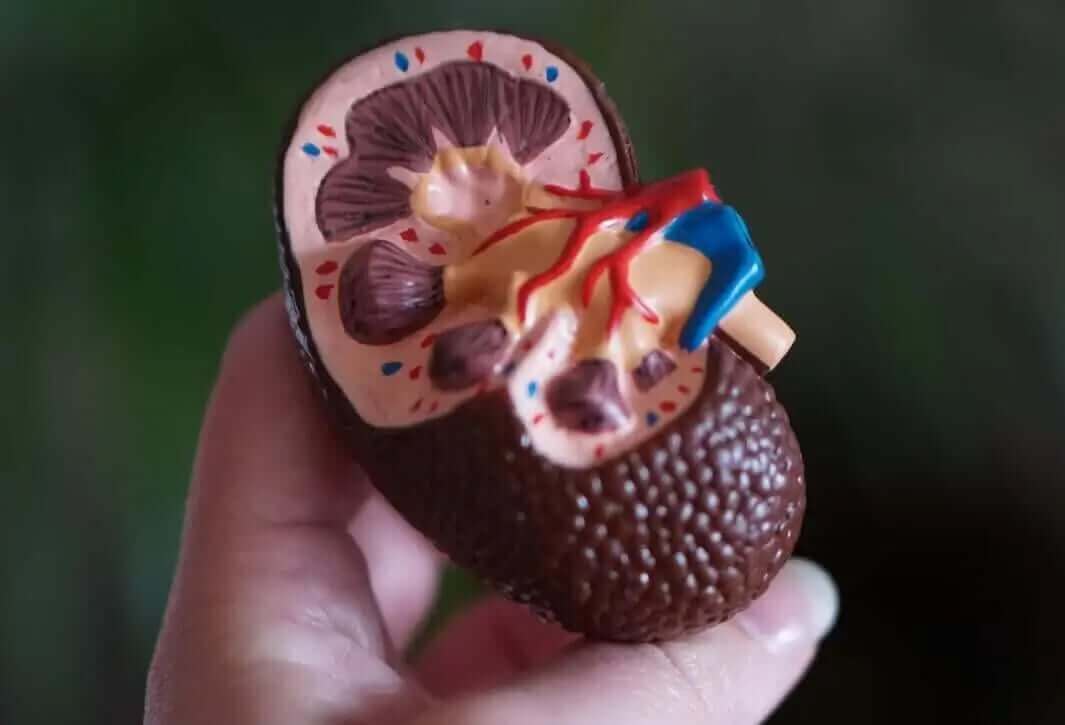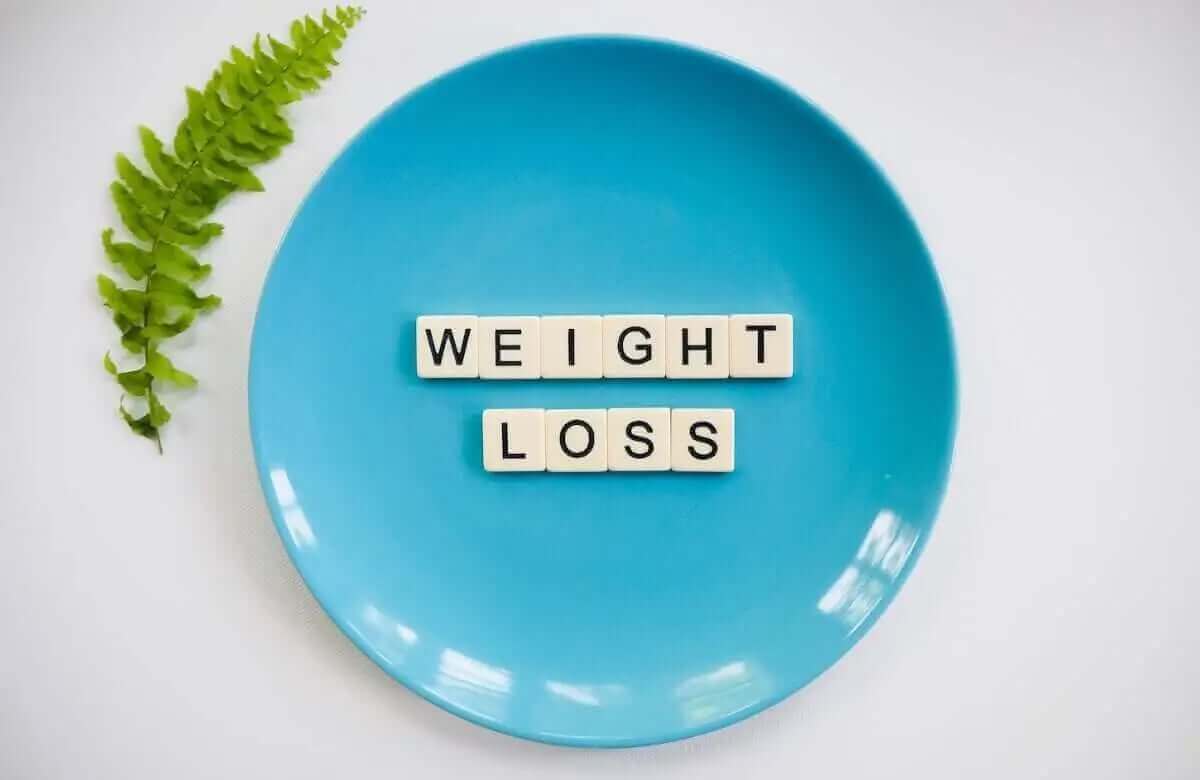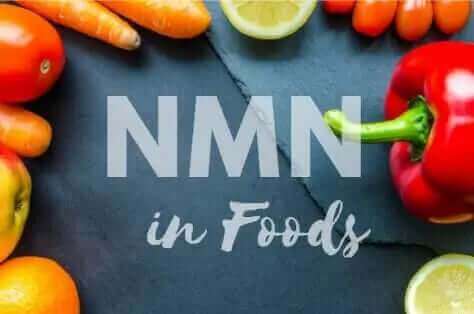NMN Supplements: Revolutionary Support for Kidney Health and Age-Related Kidney Function

NMN (Nicotinamide Mononucleotide) represents a groundbreaking advancement in supporting kidney health and function as we age. Our kidneys work tirelessly to filter waste from our bloodstream, but aging can compromise this vital process. When kidney scarring and hardening occur, proteins leak into urine, signaling a condition called glomerulosclerosis. This age-related challenge typically leaves people facing daunting options like kidney transplants or dialysis. However, exciting research reveals that NMN supplementation offers a promising alternative approach to maintaining healthy kidney function.
Understanding How NMN Transforms Kidney Health
Recent breakthrough research from a leading Japanese university demonstrates the remarkable potential of NMN for kidney support. Scientists discovered that administering 500 mg/kg/day of NMN (Nicotinamide Mononucleotide) significantly reduces kidney damage in research models. This powerful compound works by increasing podocytes, the specialized cells responsible for filtering waste from your blood. When these cells decline with age, kidney function suffers dramatically.
What makes NMN particularly effective for kidney health is its ability to boost NAD+ (nicotinamide adenine dinucleotide), a crucial molecule that declines with age. By replenishing NAD+ levels, NMN activates Sirtuin-1, often called the "longevity enzyme," which protects kidney tissue from damage. This dual-action approach not only preserves existing kidney function but actively supports the regeneration of filtering cells.
The Science Behind NMN's Kidney Protection Benefits
The mechanism through which NMN supports kidney function involves multiple pathways that work synergistically:
- Protein Filtration Enhancement: NMN reduces protein levels in urine, a key marker of improved kidney filtration
- Podocyte Preservation: By maintaining healthy numbers of these essential filtering cells, NMN helps kidneys continue their vital work
- Sirtuin-1 Activation: This longevity protein, fueled by NAD+, protects kidney tissue from age-related damage
- Tissue Integrity Maintenance: NMN preserves kidney structure, ensuring optimal functional capacity
Real-World Applications of NMN for Kidney Wellness
People seeking natural support for kidney health are discovering that NMN supplementation offers unique advantages. Unlike invasive procedures, taking NMN as a daily supplement provides gentle, continuous support for kidney function. Many individuals report feeling more energetic and experiencing improved overall wellness when incorporating high-quality NMN into their health routine.
The research findings suggest that NMN's kidney benefits extend beyond basic filtration support. By addressing the root causes of age-related kidney decline at the cellular level, NMN helps maintain the delicate balance required for optimal kidney performance. This comprehensive approach makes NMN an attractive option for those prioritizing long-term kidney health.
Choosing Quality NMN Supplements for Maximum Benefits
When selecting an NMN supplement for kidney support, purity and potency matter immensely. RevGenetics Advanced NMN products are manufactured to the highest standards, providing research-grade purity that university laboratories trust for their studies. While RevGenetics makes no medical claims, their commitment to quality ensures you receive the full potential benefits that pure NMN offers for overall health optimization.
The key to maximizing NMN's effectiveness lies in consistent daily supplementation. Research indicates that regular NMN intake maintains elevated NAD+ levels, providing continuous support for kidney function and cellular health. This sustained approach allows your body to build and maintain the protective mechanisms that guard against age-related kidney challenges.
Beyond Kidney Health: NMN's Comprehensive Benefits
While kidney support represents a significant benefit, NMN's advantages extend throughout the body. Users frequently report improvements in:
- Energy levels and stamina: Enhanced cellular energy production fuels daily activities
- Cognitive clarity: Better brain function through improved cellular health
- Metabolic function: Support for healthy weight management through NMN
- Overall vitality: A general sense of wellness and youthful vigor
The Future of Kidney Health: NMN's Promise
As research continues to unveil NMN's potential for kidney health, the future looks increasingly bright for those seeking alternatives to traditional kidney treatments. The ability to support kidney function through natural supplementation represents a paradigm shift in how we approach age-related health challenges.
Scientists are particularly excited about NMN's ability to address focal segmental glomerulosclerosis, a condition sharing similarities with age-related kidney dysfunction. The positive results observed in research models suggest that NMN supplementation could revolutionize how we maintain kidney health throughout our lives.
Integrating NMN Into Your Kidney Health Strategy
Creating a comprehensive approach to kidney wellness involves more than supplementation alone. While NMN provides powerful cellular support, combining it with healthy lifestyle choices amplifies the benefits:
- Hydration: Adequate water intake supports kidney filtration
- Balanced nutrition: A kidney-friendly diet reduces stress on filtration systems
- Regular exercise: Physical activity promotes healthy circulation and kidney function
- Stress management: Reducing stress supports overall kidney health
- Quality NMN supplementation: Daily NMN provides the cellular support kidneys need
Understanding NMN Dosage for Optimal Results
Research utilizing NMN for kidney health support typically involves specific dosing protocols. While human studies are ongoing, the positive results from research models provide valuable insights into effective supplementation strategies. Working with healthcare providers who understand NMN's mechanisms can help determine the most appropriate approach for individual needs.
The beauty of NMN supplementation lies in its safety profile and natural origin. As a precursor to NAD+, a molecule naturally present in every cell, NMN works harmoniously with your body's existing systems. This compatibility makes it an ideal choice for long-term kidney health support.
Success Stories: NMN Users Share Their Experiences
While individual results vary, many people incorporating high-quality NMN supplements into their routines report remarkable improvements in how they feel. From increased energy to better overall wellness, these personal experiences highlight NMN's potential to support not just kidney health but comprehensive vitality.
The growing community of NMN users continues to share insights about optimal timing, dosing strategies, and lifestyle combinations that maximize benefits. This collective wisdom, combined with ongoing research, paints an encouraging picture for those seeking natural kidney health solutions.
Taking Action: Your Journey with NMN Begins Today
The evidence supporting NMN for kidney health continues to grow, offering hope to millions concerned about age-related kidney challenges. By choosing premium NMN supplements and committing to daily use, you're investing in your long-term kidney wellness and overall vitality.
Remember, while NMN shows tremendous promise for supporting kidney function, it works best as part of a comprehensive health strategy. Combine quality supplementation with healthy lifestyle choices to give your kidneys the support they deserve.
Discover more about NMN benefits and the latest research to make informed decisions about your health journey. The path to optimal kidney health through NMN supplementation represents an exciting frontier in wellness, one that offers genuine hope for maintaining vibrant health throughout life.
Frequently Asked Questions About NMN and Kidney Health
What exactly is NMN and how does it support kidney function?
NMN (Nicotinamide Mononucleotide) is a naturally occurring compound that serves as a direct precursor to NAD+, a crucial molecule for cellular health. For kidney support, NMN works by increasing NAD+ levels, which activates Sirtuin-1, a protective enzyme that helps preserve kidney tissue and maintain the population of podocytes (kidney filtering cells). This dual action helps kidneys maintain their vital filtration function as we age, offering a promising natural approach to kidney health maintenance.
How long does it take to see benefits from NMN supplementation for kidney health?
While individual responses vary, research suggests that NMN begins raising NAD+ levels within days of starting supplementation. However, meaningful improvements in kidney function markers typically develop over several weeks to months of consistent use. Many users report feeling increased energy and overall wellness within 2-4 weeks, with kidney-specific benefits potentially taking 2-3 months to fully manifest. Consistency is key – daily supplementation maintains the elevated NAD+ levels necessary for optimal kidney support.
Is NMN safe for people with existing kidney conditions?
NMN has shown a favorable safety profile in research studies, working naturally with your body's existing cellular processes. However, if you have existing kidney conditions or are undergoing treatment, it's essential to consult with your healthcare provider before starting NMN supplementation. They can help determine if NMN is appropriate for your specific situation and guide you on proper dosing. The encouraging research on NMN's kidney-protective properties makes it an exciting option worth discussing with your medical team.
What makes RevGenetics NMN different from other NMN supplements?
RevGenetics NMN products stand out due to their research-grade purity and quality standards. The company provides NMN to university research laboratories, ensuring the same high-quality product used in scientific studies is available to consumers. This commitment to purity means you're getting maximum potency and effectiveness from every dose. Additionally, RevGenetics focuses on overall health optimization, providing comprehensive support beyond just kidney health benefits.
Can NMN help prevent age-related kidney decline before it starts?
Absolutely! One of NMN's most exciting aspects is its potential for preventive kidney health support. By maintaining healthy NAD+ levels and keeping Sirtuin-1 activated, NMN helps preserve kidney function before significant age-related decline occurs. Starting NMN supplementation in middle age or earlier may help maintain optimal kidney filtration capacity, potentially preventing or delaying the onset of age-related kidney challenges. This proactive approach represents a powerful strategy for long-term kidney wellness.
How does NMN compare to traditional kidney treatments?
Unlike invasive procedures like dialysis or kidney transplants, NMN offers a gentle, natural approach to supporting kidney function. While traditional treatments address severe kidney dysfunction, NMN works preventively and supportively at the cellular level. It's not a replacement for medical treatment in advanced kidney disease, but rather a promising option for maintaining kidney health and potentially slowing age-related decline. The non-invasive nature and cellular support mechanism make NMN an attractive complement to overall kidney health strategies.
What lifestyle changes enhance NMN's kidney health benefits?
To maximize NMN's kidney support benefits, combine supplementation with kidney-friendly lifestyle choices. Stay well-hydrated with 8-10 glasses of water daily, adopt a balanced diet low in sodium and processed foods, engage in regular moderate exercise to support circulation, manage stress through meditation or relaxation techniques, and ensure adequate sleep for cellular repair. These synergistic approaches amplify NMN's effectiveness, creating a comprehensive kidney wellness program that supports long-term health and vitality.
Are there any side effects of taking NMN for kidney health?
NMN is generally well-tolerated with minimal side effects reported in research studies. Some users may experience mild digestive changes when first starting supplementation, which typically resolve as the body adjusts. The natural origin of NMN and its role as a NAD+ precursor contribute to its excellent safety profile. Starting with a lower dose and gradually increasing allows your body to adapt comfortably. Most people find NMN not only safe but energizing and beneficial for overall wellness.
How much NMN should I take daily for kidney health support?
While research models use specific dosing protocols, human supplementation typically ranges from 250mg to 1000mg daily. Many users find success starting with 500mg daily, taken in the morning for optimal energy benefits. The ideal dose may vary based on individual factors like age, health status, and specific goals. Quality matters as much as quantity – choosing high-purity NMN like RevGenetics ensures you're getting the full benefit from your chosen dose. Consistency in daily supplementation is more important than taking large doses sporadically.
Can NMN reverse existing kidney damage?
Research shows promising results for NMN in supporting kidney cell regeneration and reducing markers of kidney damage. While complete reversal of severe kidney damage remains under investigation, studies demonstrate NMN's ability to increase podocyte numbers and improve kidney tissue integrity. This suggests potential for improvement in kidney function, particularly when damage is caught early. The regenerative support NMN provides offers hope for those seeking to optimize their remaining kidney function and prevent further decline. Combined with proper medical care, NMN represents an exciting avenue for kidney health restoration.






